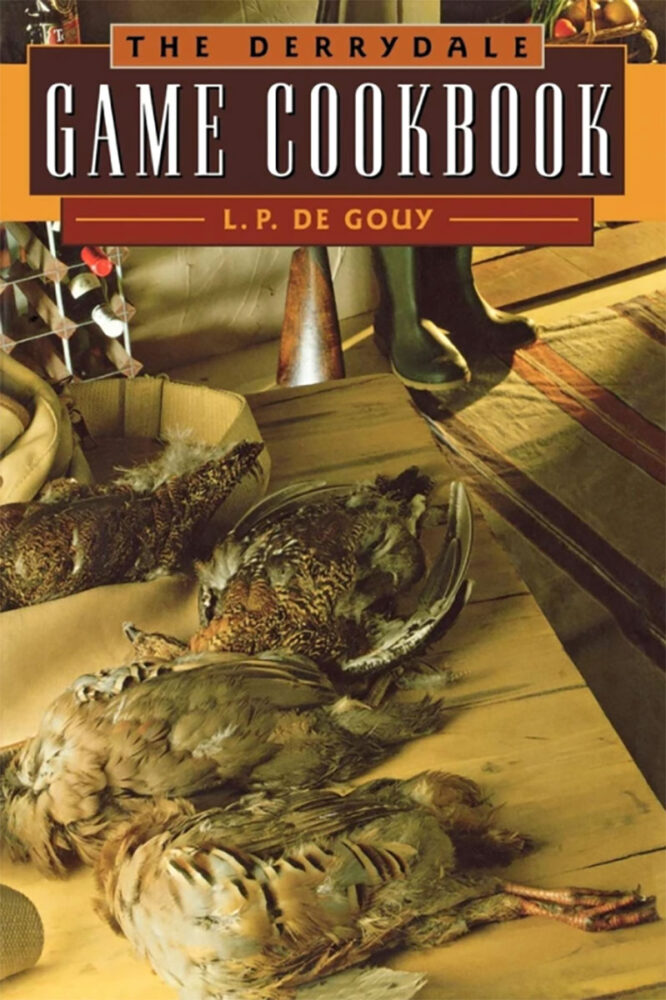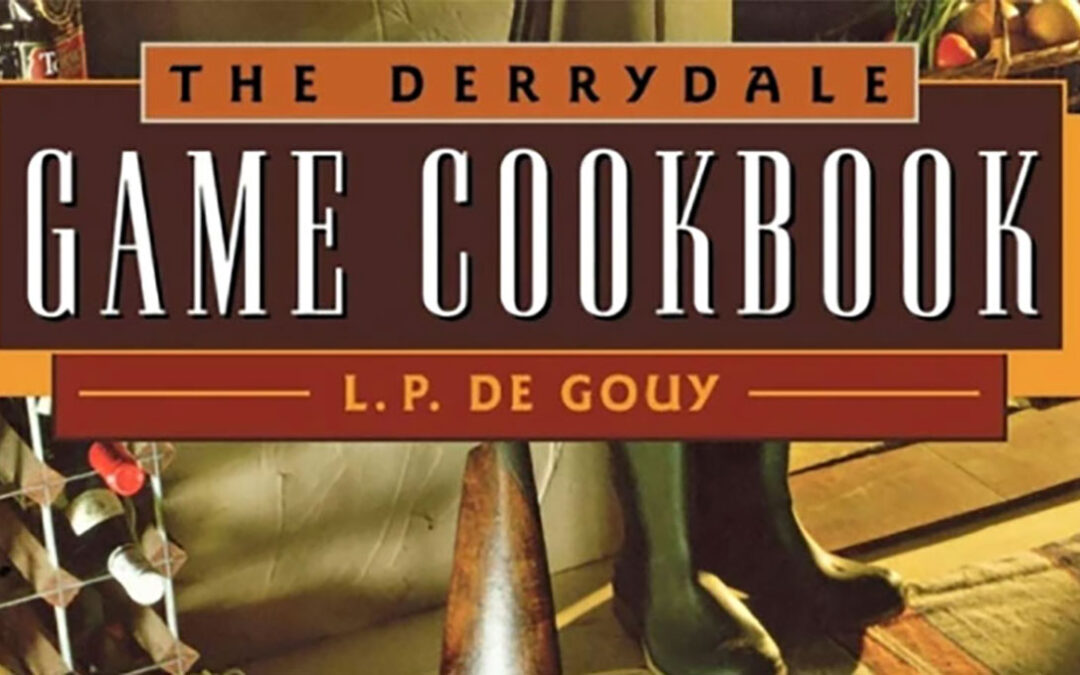Here are a few important notes to keep in mind for wine cookery:
Wine is affected by unfavorable conditions, by changes of temperature. It languishes, it sometimes recovers. When it has reached its allotted span of life, it dies.
Wine is best appreciated in cookery when it is used for flavoring purposes, a trifling amount conferring a subtly pervasive quality to the dish.
The fundamental principle in wine cookery as in ordinary cookery, recognized by all good cooks, is that any introduced flavoring agent must Never dominate the flavor of the principal food; each additional flavor or seasoning is merely for the purpose of accentuating the innate flavor of the food to which it must be subordinated and with which it must thoroughly blend (as the flavorings must with each other). When this is accomplished, a simple food becomes an epicurean triumph.
In using wine for flavoring, it is essential to remember that:
- A few tablespoonfuls of wine can glorify a soup, a fish, a meta, a gamer or a dessert if cooked with the food for a considerable length of time at a low temperature. Too much will spoil the food.
- With soup, a rather semisweet wine is used.
- With fish, a dry wine.
- With meat, a rather dry red wine, or Madeira, or sherry.
- With game, large or small, red or white wine may be used, according to directions.
- With dessert, a semisweet or sweet wine.
- Wine should never be combined with acid foods.
- If eggs, milk or cream are to be added or butter to smooth a sauce, it should Always be done after the wine.
- To get the full benefit of little spirits (brandy, for example) in certain dishes, it is advisable to pour it over the cooking food, touch a match to it and shake until the flame dies out. the flavor of the spirits will permeate the food subtly, raise the flavor, and instill aroma.
- To hold every bit of the aroma of the wine or spirits, the cooking utensil must be kept closely covered as in braising.
- In chilling wine-or-liqueur-flavored foods, the dish must be kept covered, even in the refrigerator.
- When braising foods into which wine enters, the wine must be added with the meat, or fish, or game, or vegetables.
- More wine Must Not be added to the food after it has been served. This would entirely spoil the dish.
Editor’s Note: These tips are excerpted from The Derrydale Game Cookbook, which is available in the Sporting Classics Store.
 Like the hunting and fishing classics Derrydale published in the 1930s, this cookbook has only improved with time. This is a no-nonsense, practical guide to cooking virtually every kind of wild game with everything from simple recipes to gourmet level preparation. Buy Now
Like the hunting and fishing classics Derrydale published in the 1930s, this cookbook has only improved with time. This is a no-nonsense, practical guide to cooking virtually every kind of wild game with everything from simple recipes to gourmet level preparation. Buy Now


